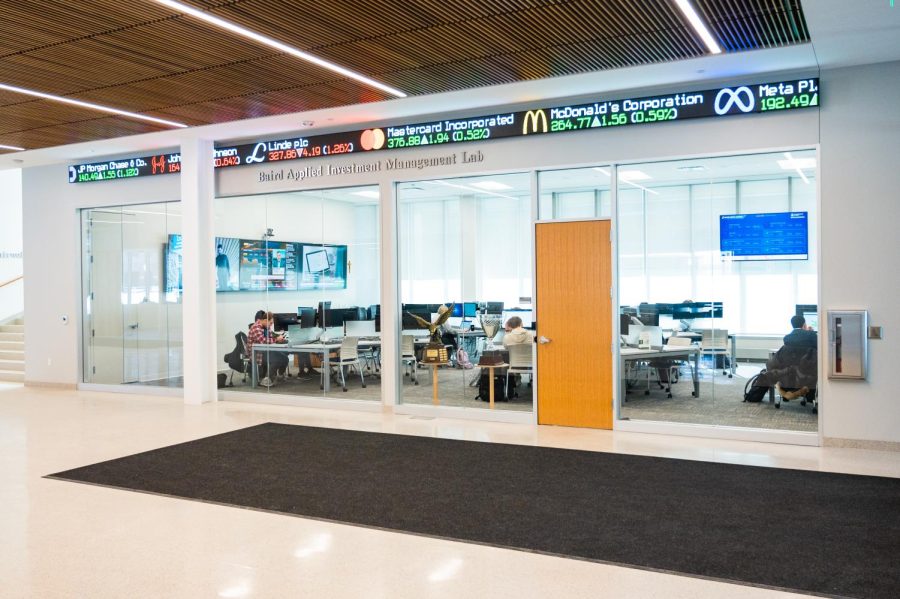Milwaukee’s financial outlook is becoming increasingly grim because of the city’s faulty revenue structure, an independent government watchdog group reported last week.
The basis of the problem is simple: The city’s expenses continue to grow while income the city generates remains constant, said Rob Henken, president of Public Policy Forum, the group that published the report.
Henken said responsibility for the problems in the city’s revenue structure does not fall on the city government, which has been fiscally responsible for many years in securing “rainy day funds.” Rather, it falls on the Wisconsin state government, which determines a large portion of Milwaukee’s income and restricts the city’s ability to diversify its income stream, the report said.
In 2008, Milwaukee’s top source of income was classified by the report as “intergovernmental income,” which includes money given to the city through the state’s revenue sharing program. That program is funded by Wisconsin’s state income and sales taxes, said Mike Daun, Milwaukee’s deputy comptroller.
Milwaukee’s second largest source of income is from the property tax, which is high compared to other cities, said Alex Runner, an aide to Common Council President Willie Hines. Despite the high property tax, overall revenue for the city is low compared to similar cities nationwide, Runner said.
Most other municipalities can include sales and income taxes in their revenue — something Milwaukee is unable to do because of state law. The revenue sharing program was supposed to offset Milwaukee’s inability to levy additional taxes, but the state has increasingly used state income and sales tax to fund its own projects, Daun said.
The city’s troubles generating income constitute only half the problem. Rising costs also play a significant role, the group reported. Of particular concern are fringe benefits, which include health care and pension plans for city employees. There are also costs looming in replacing some of the city’s aging infrastructure, Henken said.
Daun said the report has presented some serious challenges for the city from a sustainability standpoint.
“Unless there are fundamental changes in the city’s revenue structure, there will be cuts in city services,” he said.
That means there may be longer lines at city offices, shorter public library hours, fewer nurses and cuts in police and fire department funding, Daun said. Cuts to public safety — which already occupies more than half the city’s budget — would be particularly controversial considering the city has been making progress in lowering the crime rate, Henken said.
Runner said while the city can do some things to alleviate the problems, the state will have to change some of its policies regarding municipalities’ right to institute sales and income taxes. A “wheel tax,” which is a fee Milwaukee citizens pay when registering license plates, is a step in the right direction, he said, but is small in the grand scheme of things.
“We need the state to recognize Milwaukee as a beneficial economic entity,” Runner said.







